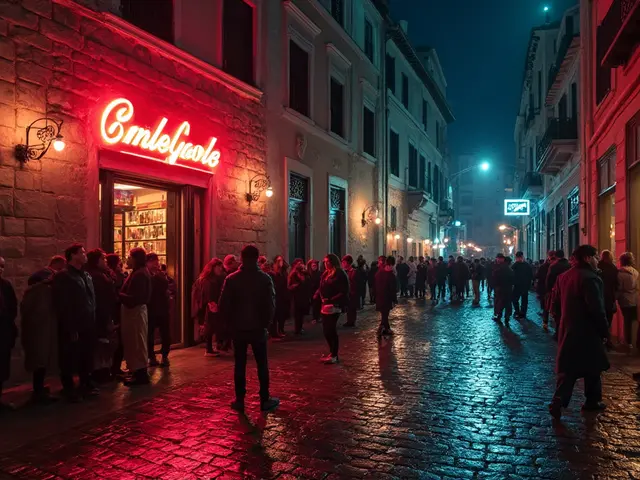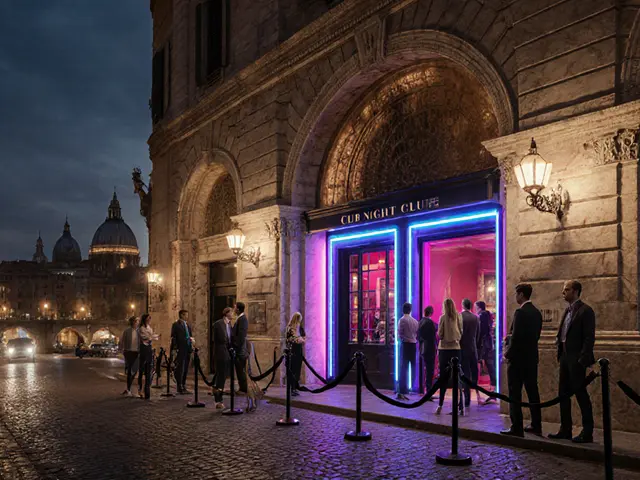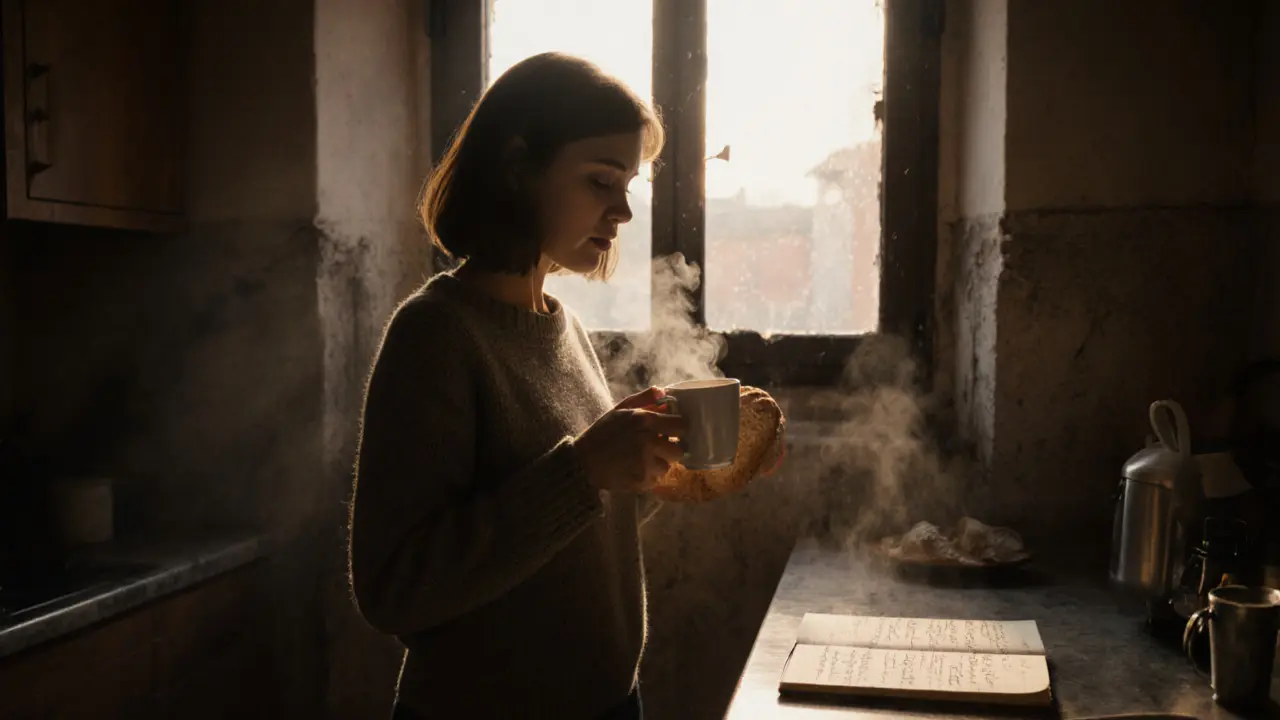
When you think of Roman cinema, names like Sophia Loren or Monica Bellucci often come up. But in the last decade, one name has quietly carved out a space all its own: Gia Dimarco. Born and raised in the heart of Rome, she didn’t just become an actress-she became a symbol of a new kind of Italian storytelling, one that blends raw emotion with unfiltered realism.
From Trastevere Streets to the Silver Screen
Gia Dimarco didn’t grow up dreaming of fame. She grew up in a small apartment above a bakery in Trastevere, where the smell of fresh bread mixed with the sound of neighbors arguing in dialect. At 16, she dropped out of high school to help support her family, working odd jobs-waitress, seamstress, translator for tourists. But she always carried a notebook. In it, she wrote monologues she’d recite to herself in front of the mirror, mimicking the performances she saw in old Italian films on YouTube.
Her big break came in 2019, when a local filmmaker, Luca Moretti, cast her in a low-budget short film called La Notte Che Non Finisce. She played a woman waiting for a lover who never came. No makeup. No lighting crew. Just her, a single lamp, and a cracked window. The film won Best Actress at the Rome Independent Film Festival. Critics called it "unbearably honest." That was the first time anyone outside her neighborhood had heard her name.
The Gia Dimarco Style
What sets Gia apart isn’t her looks-it’s her stillness. While other actresses move with purpose, Gia holds back. She lets silence speak. In her 2021 film Quando Torni, she plays a mother who hasn’t spoken since her son disappeared. For 47 minutes, she doesn’t say a word. Yet the audience feels every scream, every tear, every question she can’t voice. The film ran for 11 weeks in Rome’s art house theaters. People returned to watch it again. Not because it was dramatic. Because it was real.
She doesn’t use professional hair or makeup artists. She refuses to change her accent. She says lines in Roman dialect even when the script calls for standard Italian. "If I pretend to be someone else," she told Cinema Italiano in 2023, "then I’m not telling the truth. And truth is all I have."
Her Most Impactful Films
Gia’s filmography is small-only seven features in six years-but each one leaves a mark.
- La Notte Che Non Finisce (2019): Her debut. A 22-minute film that launched her career.
- Quando Torni (2021): Won Best Actress at the Venice Film Festival. No dialogue. Pure presence.
- La Mia Casa Senza Te (2022): A single-location drama about a woman living alone after her husband’s death. Shot in her actual apartment.
- Il Mare Che Non Vedo (2023): A coastal drama where she plays a fisherwoman who finds a stranger’s journal washed ashore. Filmed entirely on the Tyrrhenian coast near Ostia.
- Il Sogno di Anna (2024): Her first role as a mother. A story about a woman raising a child with autism. She spent six months learning from real families in Rome’s suburbs.
She turned down Hollywood offers. Said she didn’t want to "become a version of herself for people who don’t know what silence sounds like."
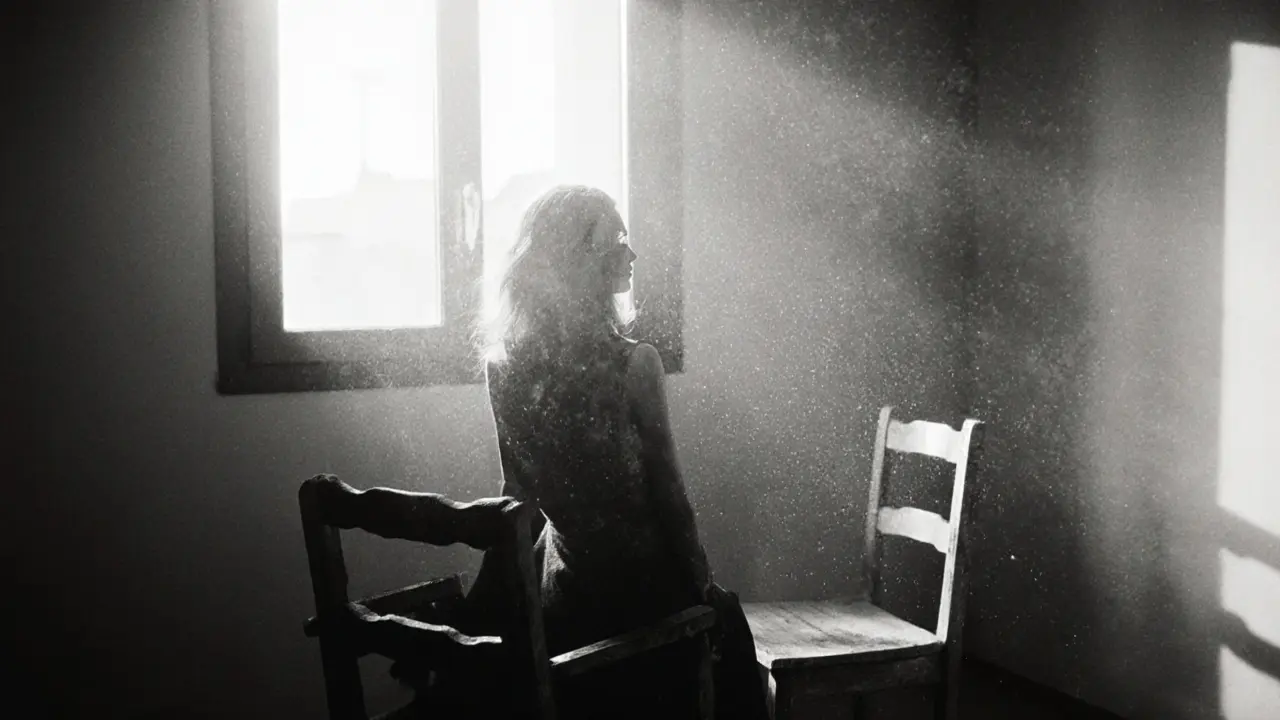
Why Rome Loves Her
Gia doesn’t do red carpets. She doesn’t post selfies. She still takes the bus to set. Locals in Trastevere know her as "Gia, the girl from the bakery." She buys her own groceries. Pays her own rent. Once, a fan asked for a photo outside a supermarket. She said yes-but only after she finished putting her milk in the bag.
Her films aren’t about glamour. They’re about survival. About women who don’t ask for pity. Who don’t need applause. Who just keep going. That’s why Roman audiences don’t just watch her films-they live them.
The Quiet Revolution
Gia Dimarco is part of a quiet wave in Italian cinema. Young directors, mostly women, are turning away from big budgets and star power. They’re using smartphones, natural light, and non-professional actors. Gia is their face. Not because she’s the most beautiful. But because she’s the most honest.
In 2024, the Italian Ministry of Culture gave her an honorary award for "redefining authenticity in national cinema." She didn’t attend the ceremony. Instead, she sent a handwritten note: "I’m not a star. I’m just someone who remembers what it feels like to be unseen. And I want others to feel seen too."
She’s now working on her first documentary, Le Donne di Roma, which follows 12 Roman women-cleaners, teachers, sex workers, mothers-over the course of a year. She’s filming it herself with a borrowed camera. No crew. No script. Just questions and silence.
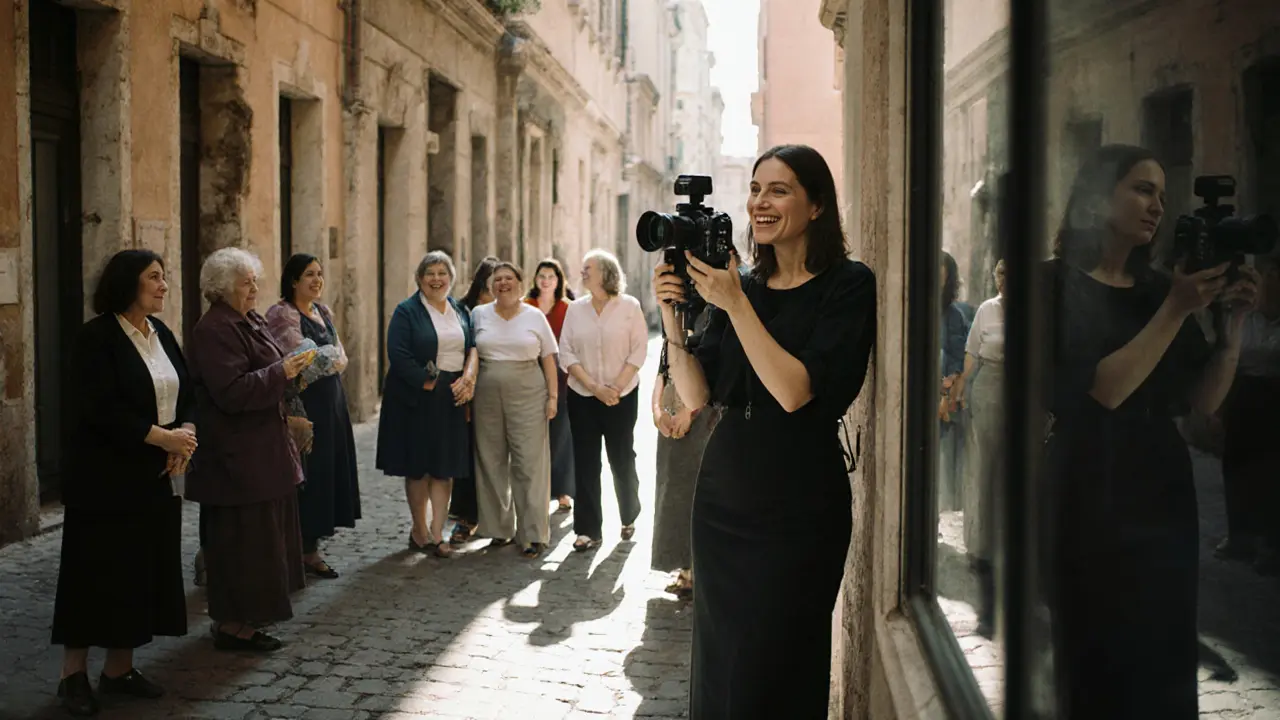
What Comes Next
Gia doesn’t talk about the future. But if you ask people who know her, they say she’s not trying to become famous. She’s trying to stay true. And maybe that’s why she’s the most powerful actress in Italy today. Not because she’s loud. But because she’s quiet.
She doesn’t need to be on every magazine cover. She doesn’t need a Netflix deal. She just needs a camera, a room, and a story worth telling.
Who is Gia Dimarco?
Gia Dimarco is an Italian actress from Rome, known for her minimalist, emotionally raw performances in independent films. She rose to prominence in 2019 with her debut in the short film La Notte Che Non Finisce and has since become a symbol of authentic storytelling in contemporary Italian cinema. She avoids mainstream fame, prefers real locations over sets, and often films in Roman dialect.
What makes Gia Dimarco’s acting different from other Italian actresses?
Unlike many actresses who rely on dramatic gestures or polished performances, Gia Dimarco uses stillness and silence. Her characters often don’t speak for long stretches, yet their emotions are deeply felt. She refuses to alter her Roman accent, avoids professional makeup, and films in real homes and streets. This authenticity creates a sense of intimacy that audiences rarely experience in mainstream cinema.
Has Gia Dimarco won any major awards?
Yes. In 2021, she won Best Actress at the Venice Film Festival for her role in Quando Torni, a film with no dialogue. In 2024, the Italian Ministry of Culture honored her with a special award for redefining authenticity in national cinema. She has also received multiple awards from independent film festivals across Italy.
Why doesn’t Gia Dimarco take Hollywood roles?
Gia has turned down multiple Hollywood offers because she believes the industry demands performances that feel manufactured. She says American films often prioritize spectacle over truth, and she doesn’t want to become a version of herself for audiences who don’t understand silence. She prefers small, meaningful projects shot in her own city, with people who live the stories she tells.
Is Gia Dimarco working on a new film?
Yes. She is currently filming her first documentary, Le Donne di Roma, which follows 12 women from different walks of life in Rome over the course of a year. She is directing and shooting it herself with a borrowed camera, no crew, and no script. The film is expected to premiere in late 2025 at the Rome Film Festival.
Where to Watch Her Films
Gia’s films aren’t on Netflix or Amazon Prime. They’re shown in small theaters across Italy and occasionally stream on niche platforms like Cinema d’Autore and IndieRoma. Her 2024 film, Il Sogno di Anna, is available for rent on the Italian streaming service Filmitalia for €4.99. If you’re in Rome, check listings at the Teatro India or the Casa del Cinema for screenings.
Final Thought
Gia Dimarco doesn’t want to be remembered as a star. She wants to be remembered as someone who didn’t look away. Who didn’t pretend. Who kept the camera on the quiet moments-the ones most people skip over. In a world that rewards noise, she chose silence. And that’s why she matters.

